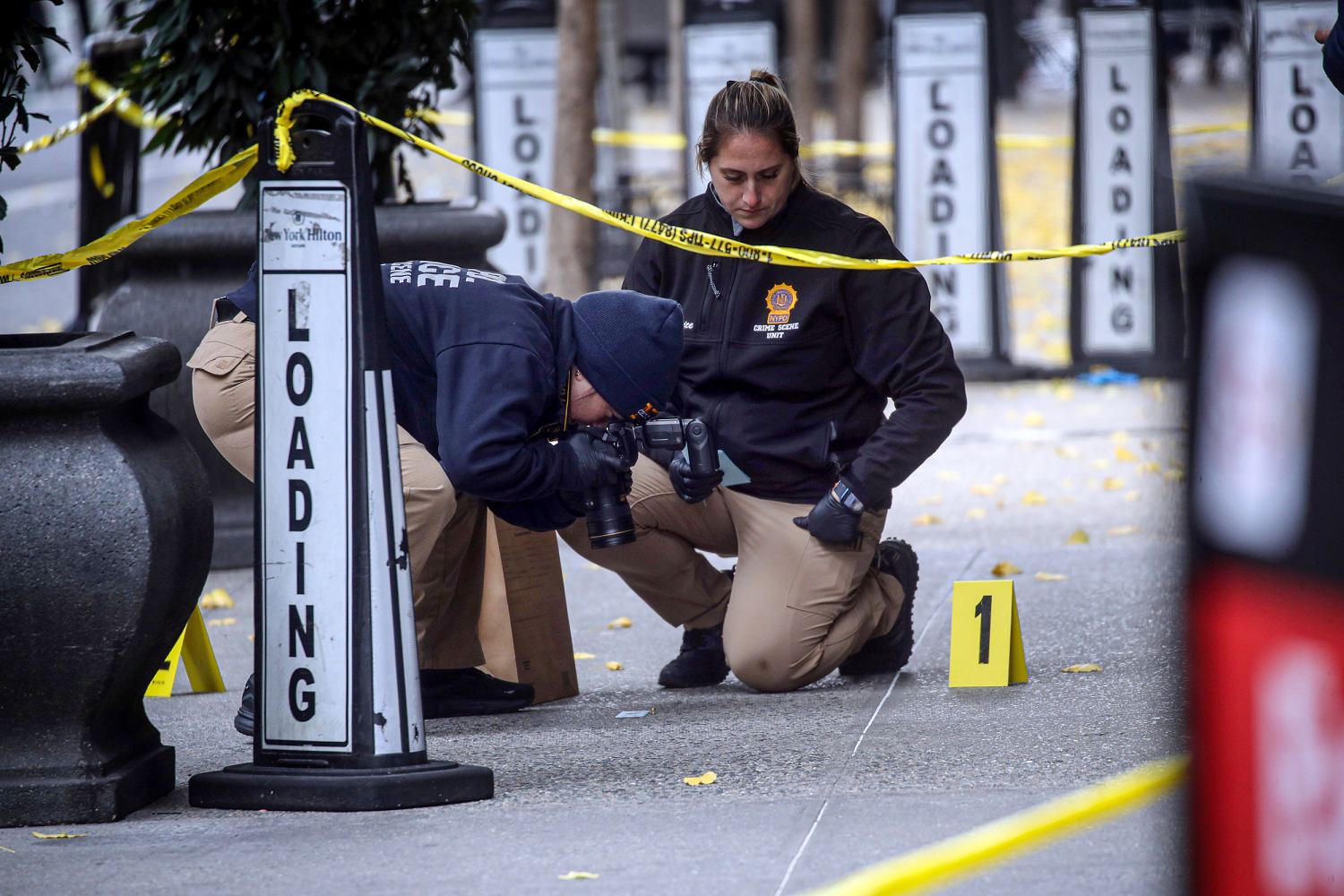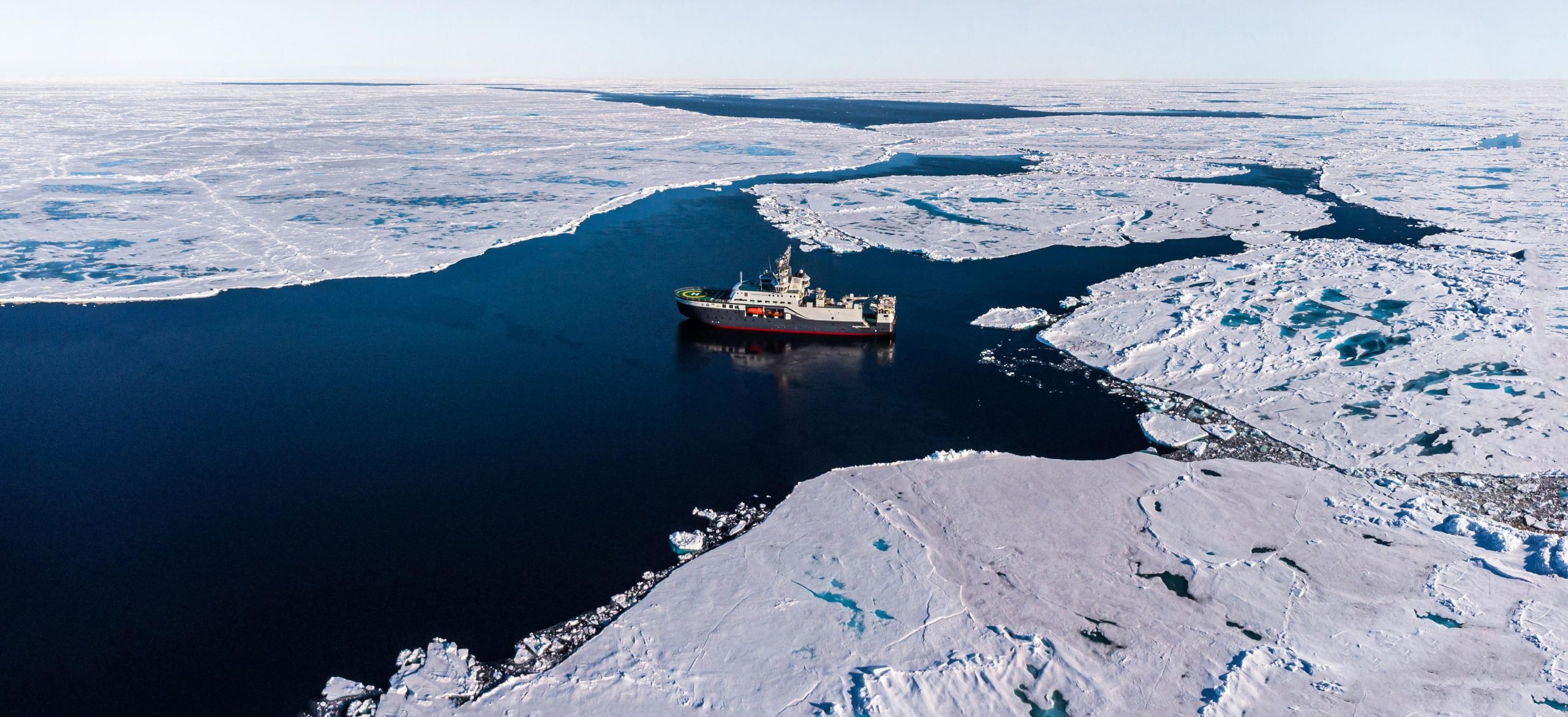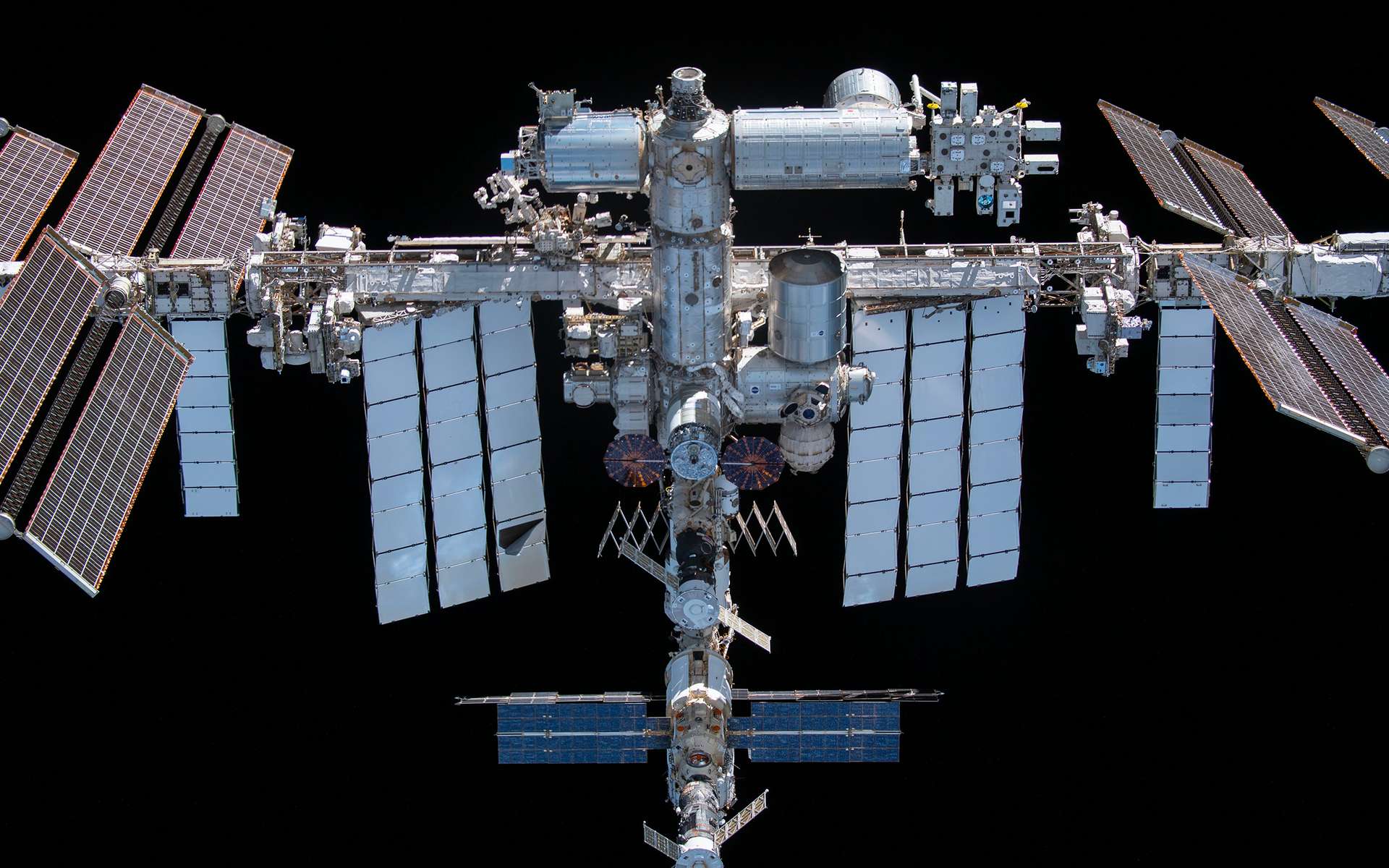On Friday 25 October we will be hosting a
, hearing from Dateline reporters, producers and editors past and present who have witnessed to some of the world’s most extraordinary and pivotal moments in recent history.
When you turn 40 you tend to look back on your life and reflect, ‘how did I get here? Have I made the right choices? What’s next?’
As Australia’s longest-running international affairs program, there’s a lot in the archive to look back and reflect on.
The program began in 1984 as an hour-long studio show hosted by Paul Murphy, featuring expert interviews. But before long Paul hit the road along with a team of reporters to cover little known stories from far flung places and the big international issues.
One of those big global stories was the genocide of the Tutsi in Rwanda, 1994.
It resulted from decades of tribal resentment and was exacerbated by colonialism and post-colonial power struggles.
It’s now known that nearly a million people died in the Rwandan genocide twenty years ago, but when Dateline sent reporter Helen Vatsikopoulos to cover the story in 1994, the country was in chaos.
Reporter
was deployed to cover the brutal violence and the aftermath.
The approach to reporting was rather different back then — Vatsikopoulos, cameraman Simon Toben and sound recordist Spiros Mavrangelos had no mobile phones, and SBS at the time didn’t have a satellite phone. They couldn’t bring the company credit card because Rwanda was so dysfunctional. So, Vatsikopoulos took US$12,000 in cash in her bag.
There were few plans on where they would go or who they would interview.
The team winged it, finding a car in Uganda and driving across the border into Rwanda.
They came back with some astounding pictures that bore witness to history, and stories that would forever stay with them.
Stories like that take a toll.
Stream free On Demand
Dateline and Dr Vatsikopoulos are taking part in commemorations of the 30th anniversary of the genocide
In 1999
became the program’s executive producer, having first worked as a reporter on the show. In 1989, he and the Dateline team became the first TV crew to be allowed into Myanmar, then known as Burma, in three decades. They secured the first TV interview with pro-democracy activist Aung San Suu Kyi before she was placed under house arrest that year.
Mike Carey and the Dateline team secured the first TV interview with Aung San Suu Kyi who spoke about her political ambitions and drive for better human rights.
As executive producer, Carey established a video journalism model that came to define Dateline for the next 15 years.
A VJ is a Video Journalist — one person who goes on solo deployment to get the story.
It’s a lot for one person to manage – they are the reporter, the camera operator, the sound recordist and producer.
During this era, agile, globetrotting VJs delivered a raft of groundbreaking and award-winning stories.

The photos of abuse from Abu Ghraib prison caused worldwide outrage in 2004, with the photo of the hooded man with his arms outstretched becoming a lasting symbol of America’s involvement in the Iraq War.
In 2000, Mark Davis won a Gold Walkley reporting on Indonesian militias in East Timor (now Timor-Leste) and how they were funded.
In 2006
,
brought Dateline a world exclusive with a second batch of photos of Abu Ghraib prison abuse, which shocked the world.
And of course George Negus – a media legend –
brought his gravitas and expert interview skills to the show as host between 2005 – 2010.
The 2024 season is now over and it’s been one of our biggest in a while.
We found
, after his family left Australia to live under the self-proclaimed Islamic State group.
We sent the first journalists to
.
We got access to far-right ‘constitutional sheriffs’ in Arizona, children of the mafia in Calabria, and
We even took a ride on Mexico’s deadliest train alongside hundreds of migrants hoping to reach the US border and start new lives.
Stream free On Demand
The Beast: Mexico’s Deadliest Train
When Negus was awarded a Walkley Award for outstanding contribution to journalism in 2022 he commented on why we tell these international stories and who it’s all for.
He said he wanted to take the audience with him on a journey, and added, “a lot of journalists forget that it’s not about us. Without the audience watching — no program, no pay packet, we don’t have a job unless people are watching.”
Current Dateline staff at 40th anniversary celebrations including Executive producer Georgina Davies, (front left).
At Dateline in 2024 we continue to keep his words at the centre of our storytelling.
It’s all for the audience.
Dateline will be back in 2025 with a brand-new season.
Note: This article have been indexed to our site. We do not claim legitimacy, ownership or copyright of any of the content above. To see the article at original source Click Here


















